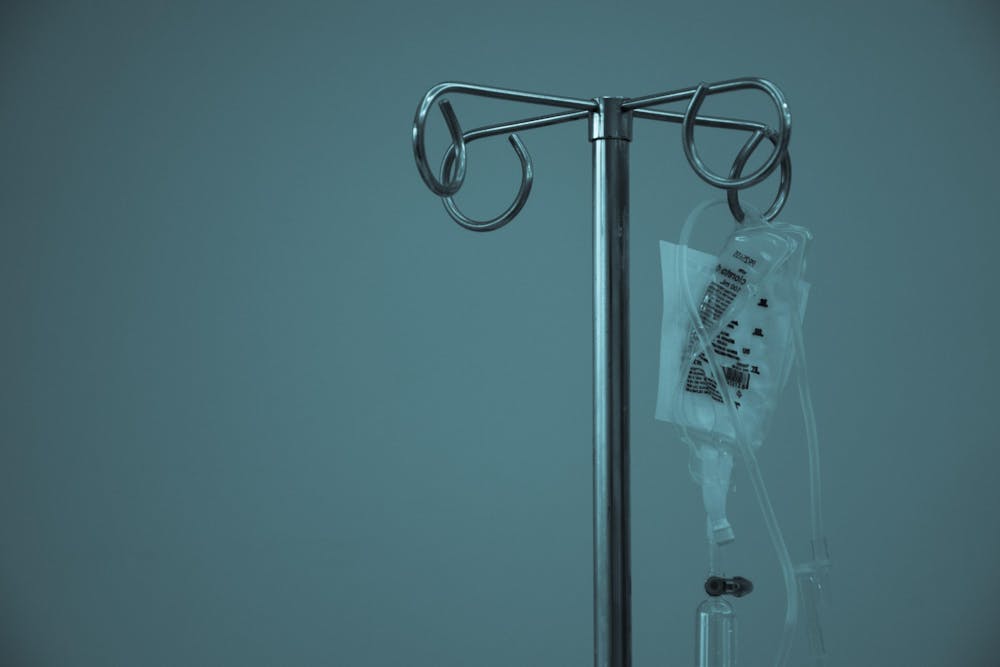UB has received an additional $8.1 million in funding to continue its participation in the Women’s Health Initiative through 2027, the university announced Wednesday.
The initiative is the largest women’s health prevention study in U.S. history, and has spurred groundbreaking discoveries on chronic illnesses, including cardiovascular disease, breast cancer, colorectal cancer and osteoporosis.
The study was launched in 1991 by the National Heart, Lung and Blood Institute, in an effort to better understand these diseases and the role government can play in reducing morbidity and mortality. The initial study was conducted from 1993 to 2005; a series of extension studies have been conducted every five years since.
The newest extension study began in October. UB’s new contract includes $8.1 million in funding to “follow the health outcomes in these women and produce scholarly scientific output,” according to the university.
UB was one of the initiative’s original 16 “Vanguard clinical centers” and now serves as the WHI Northeast Regional Center, where it coordinates and manages data collection for nine affiliated institutions.
The WHI has studied more than 161,000 healthy postmenopausal women aged 50 to 79 since 1991.
Jean Wactawski-Wende, dean of UB’s School of Public Health and Health Professions, said the initiative is now also looking at emerging infectious diseases, like the novel coronavirus.
“We have an ongoing study of COVID in over 45,000 of the WHI women,” Wactawski-Wende said. “In Buffalo, we are also looking at the impacts of caregiving in our participants. In addition, we have an ongoing study of periodontal disease, the oral microbiome and health outcomes.”
The initiative has also expanded to other health outcomes, like dementia, stroke, diabetes, heart failure and frailty. The WHI is also focusing on women aged 75 to 100. Life expectancy for females in the U.S. is 81.1 years; life expectancy for males is 76.1.
The WHI is a long-term national health study. More than 25 years later, roughly 70,000 of the original participants are still enrolled in the survey.
“A notable aspect of this study is that about 70,000 women who have participated are still alive and continuing to provide input,” Wactawski-Wende said. “The scientific output has been remarkable.”
Wactawkski-Wende’s co-investigators are Department of Epidemiology and Environmental Health faculty Michael LaMonte, Amy Millen, Heather Ochs-Balcom and Hailey Banack.
Justin Weiss is the senior features editor and can be reached at justin.weiss@ubspectrum.com

Justin Weiss is The Spectrum's managing editor. In his free time, he can be found hiking, playing baseball or throwing things at his TV when his sports teams aren't winning. His words have appeared in Elite Sports New York and the Long Island Herald. He can be found on Twitter @Jwmlb1.





